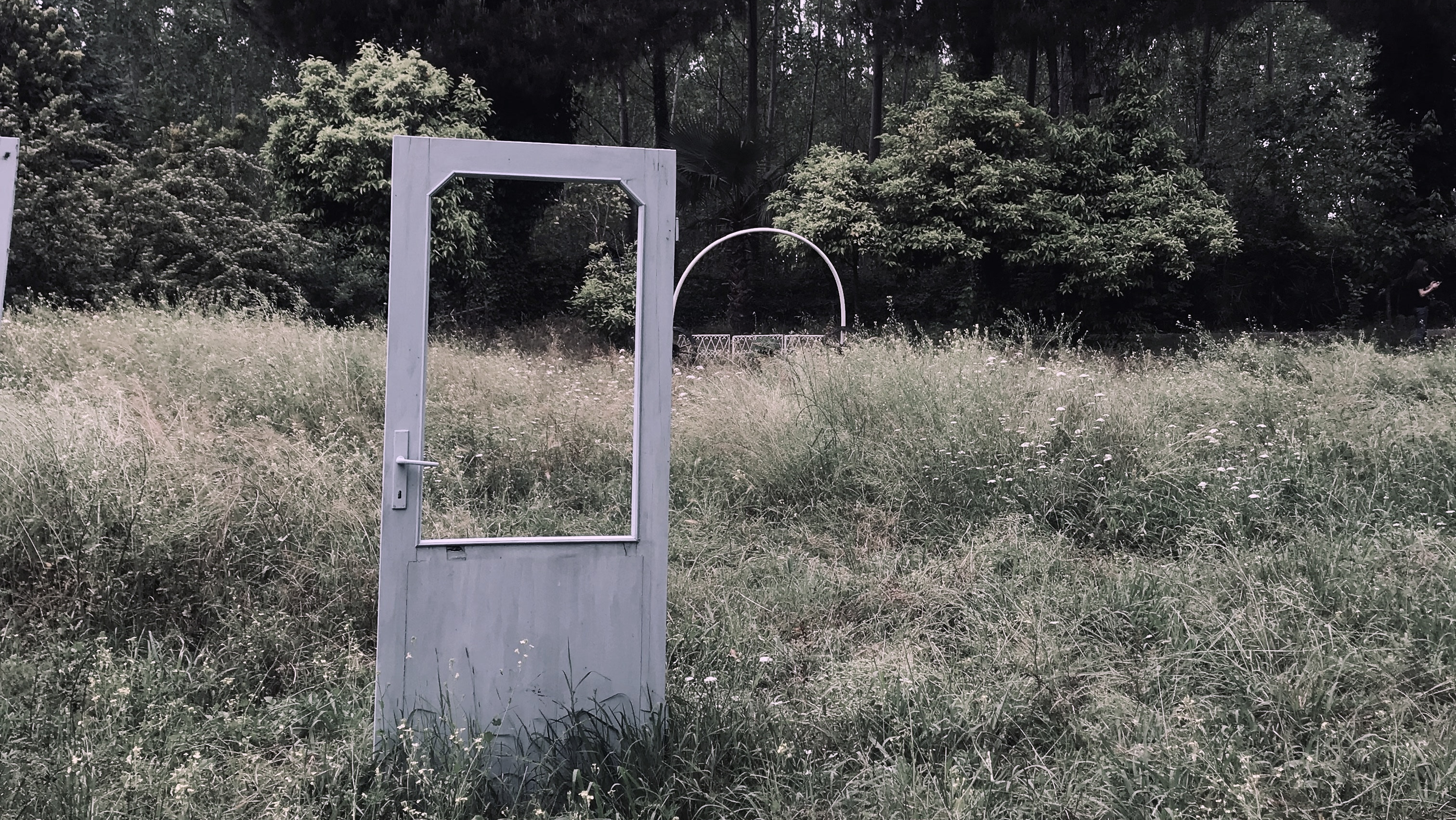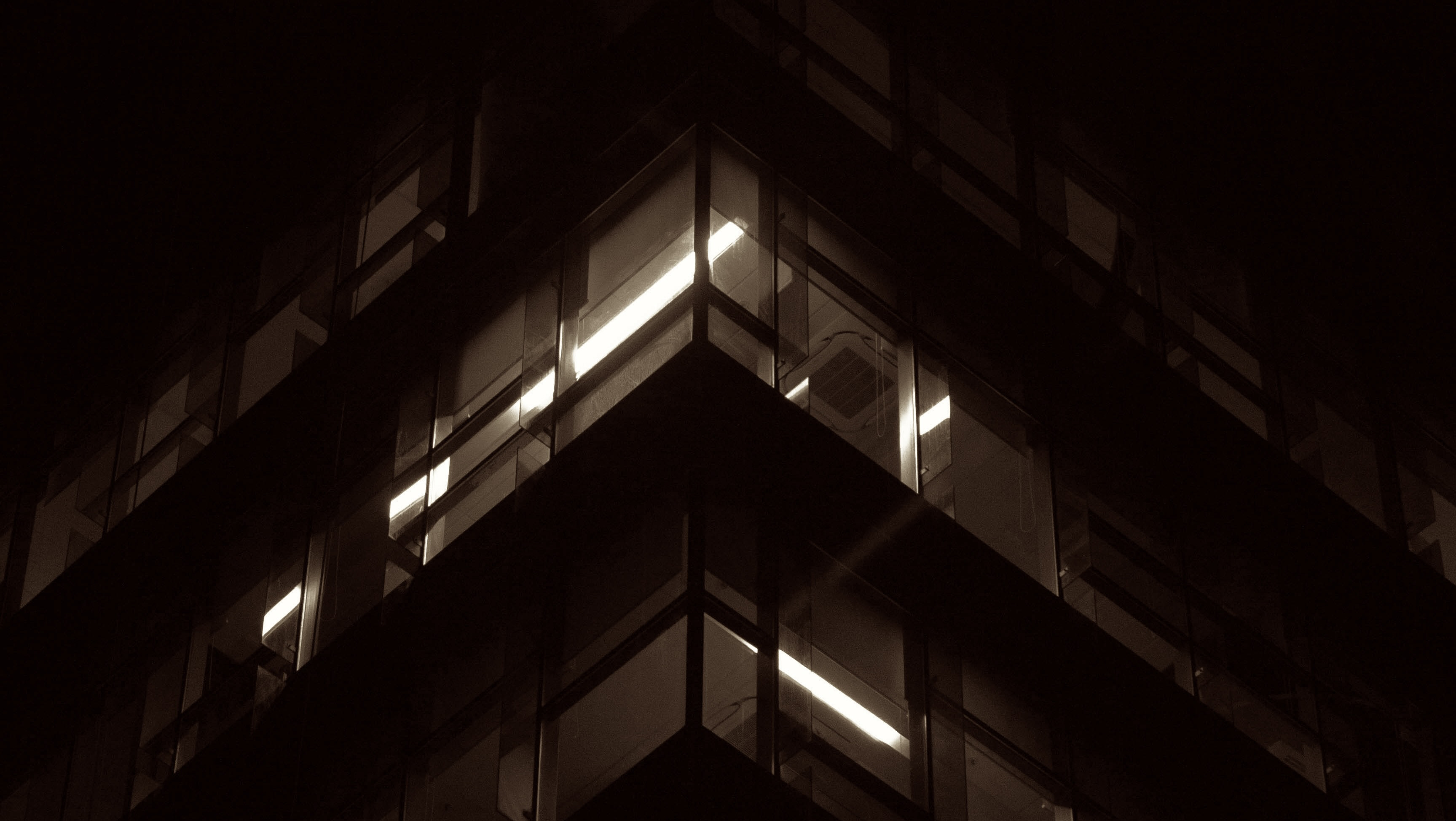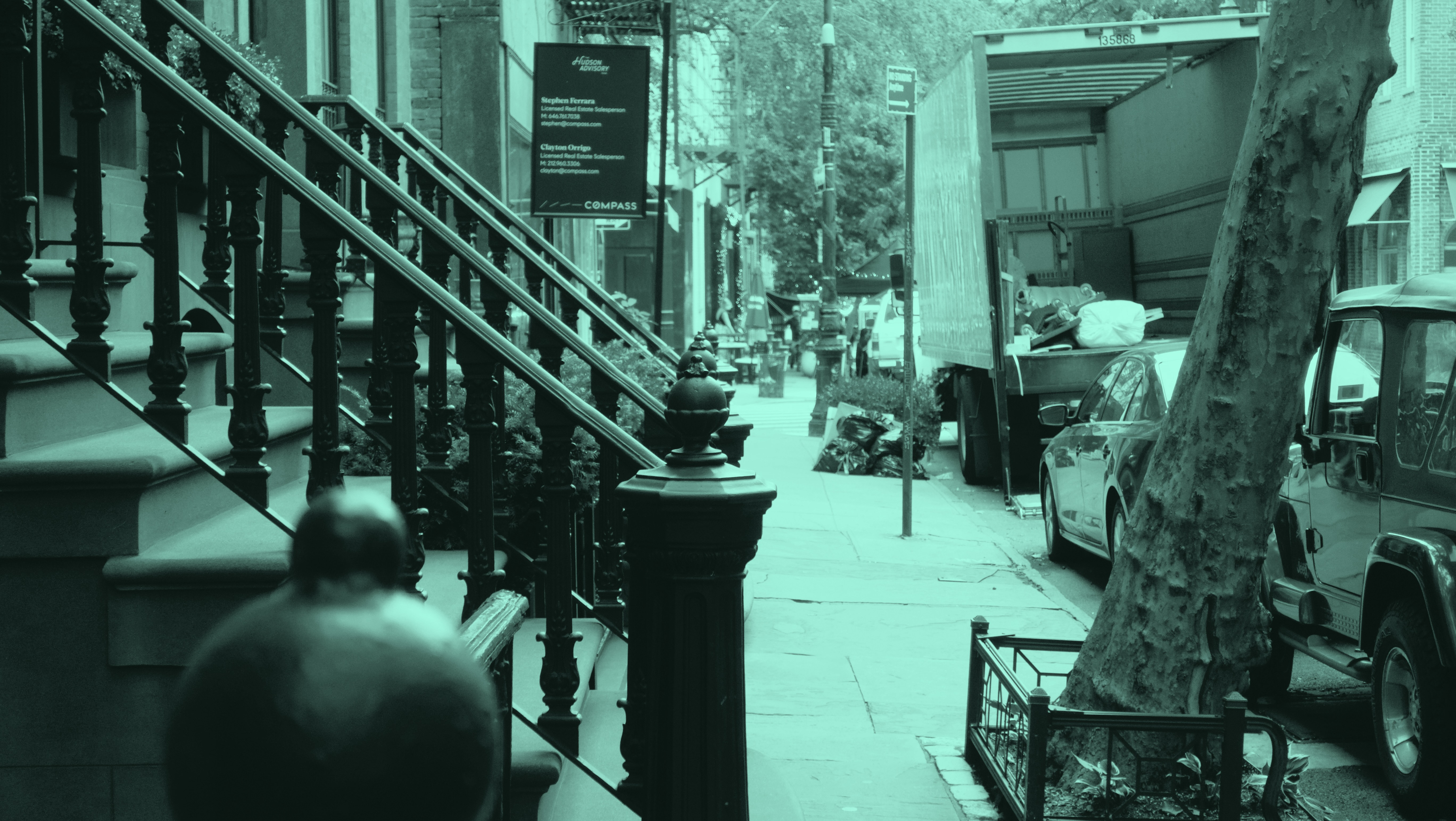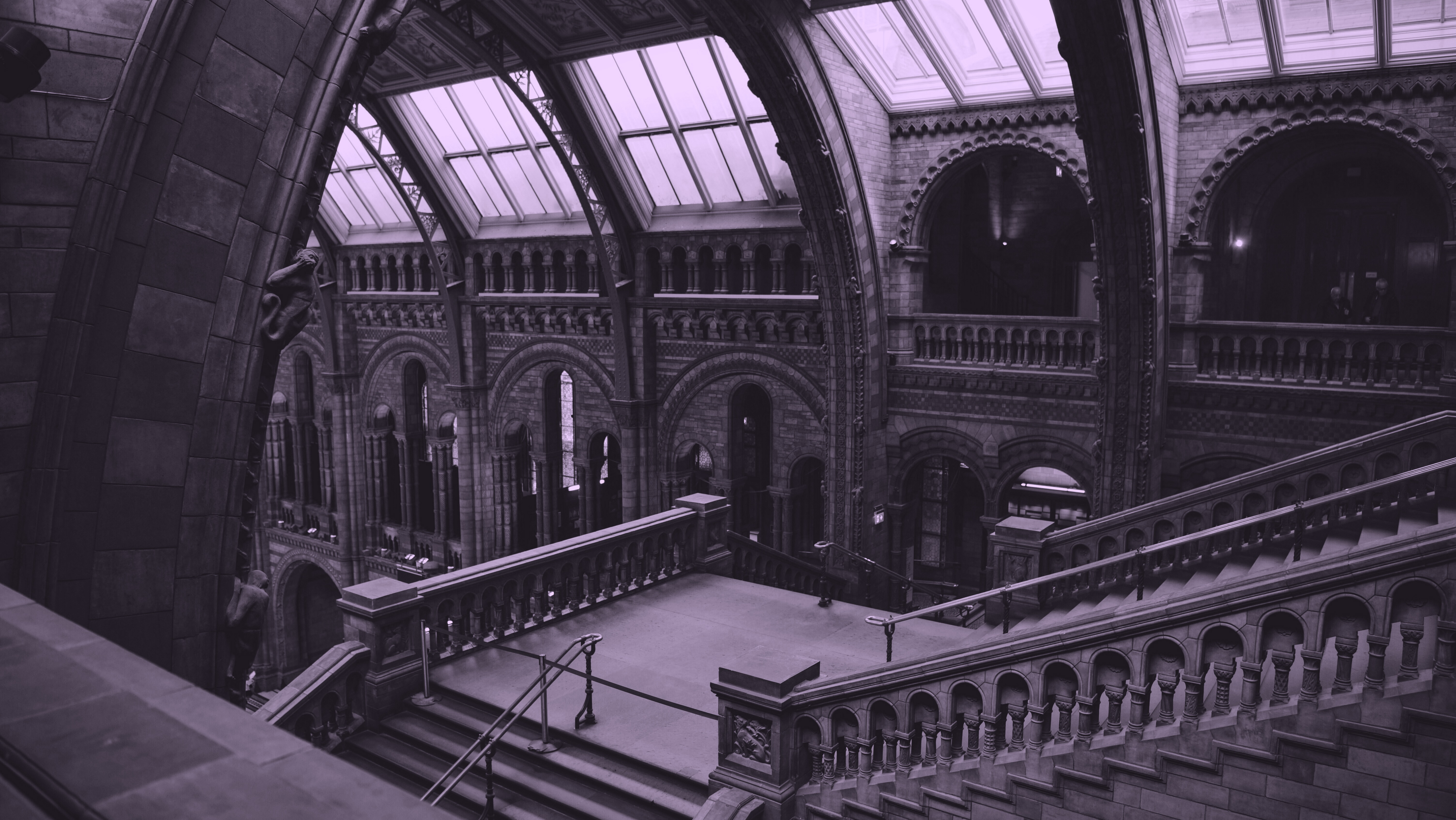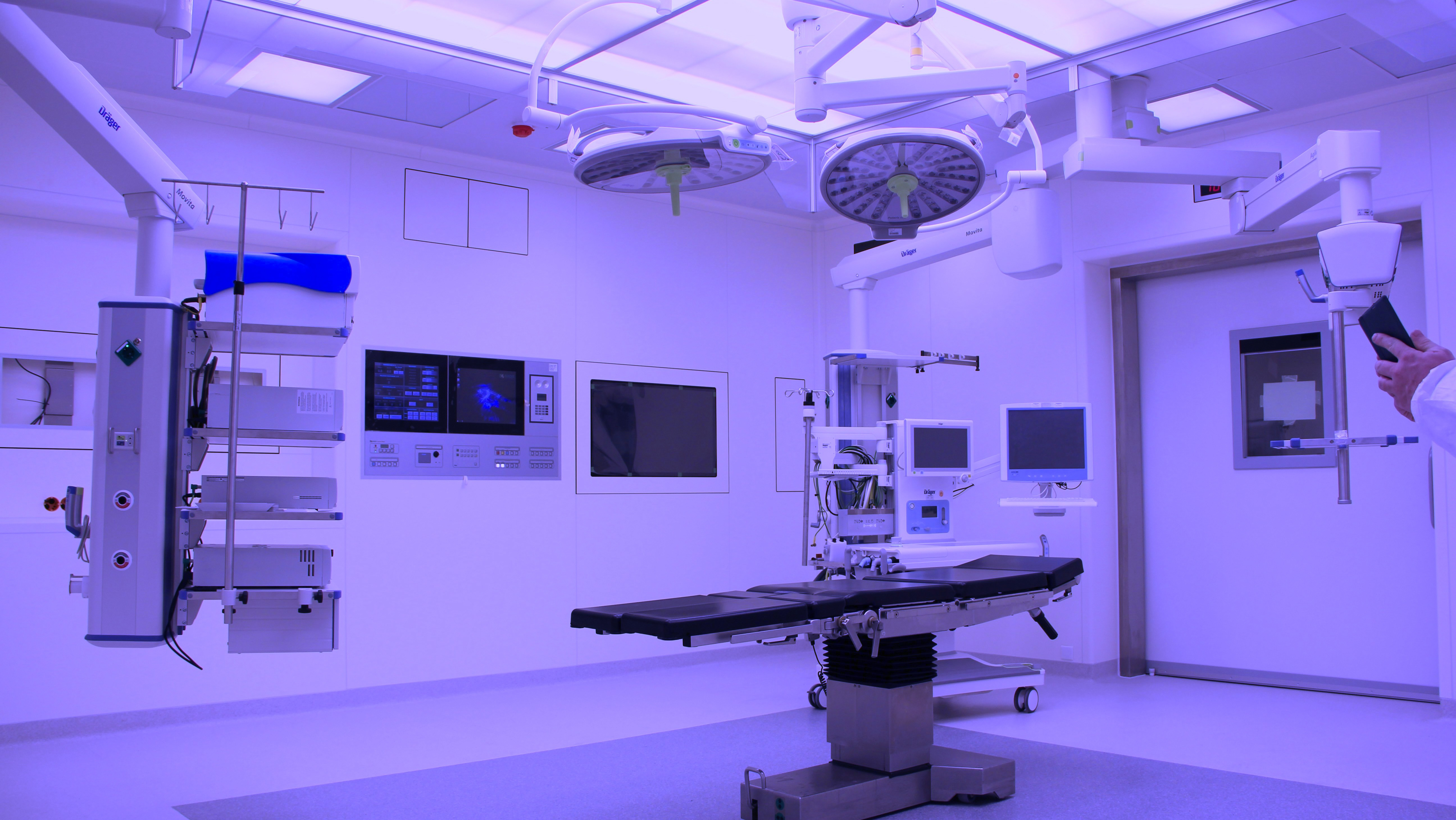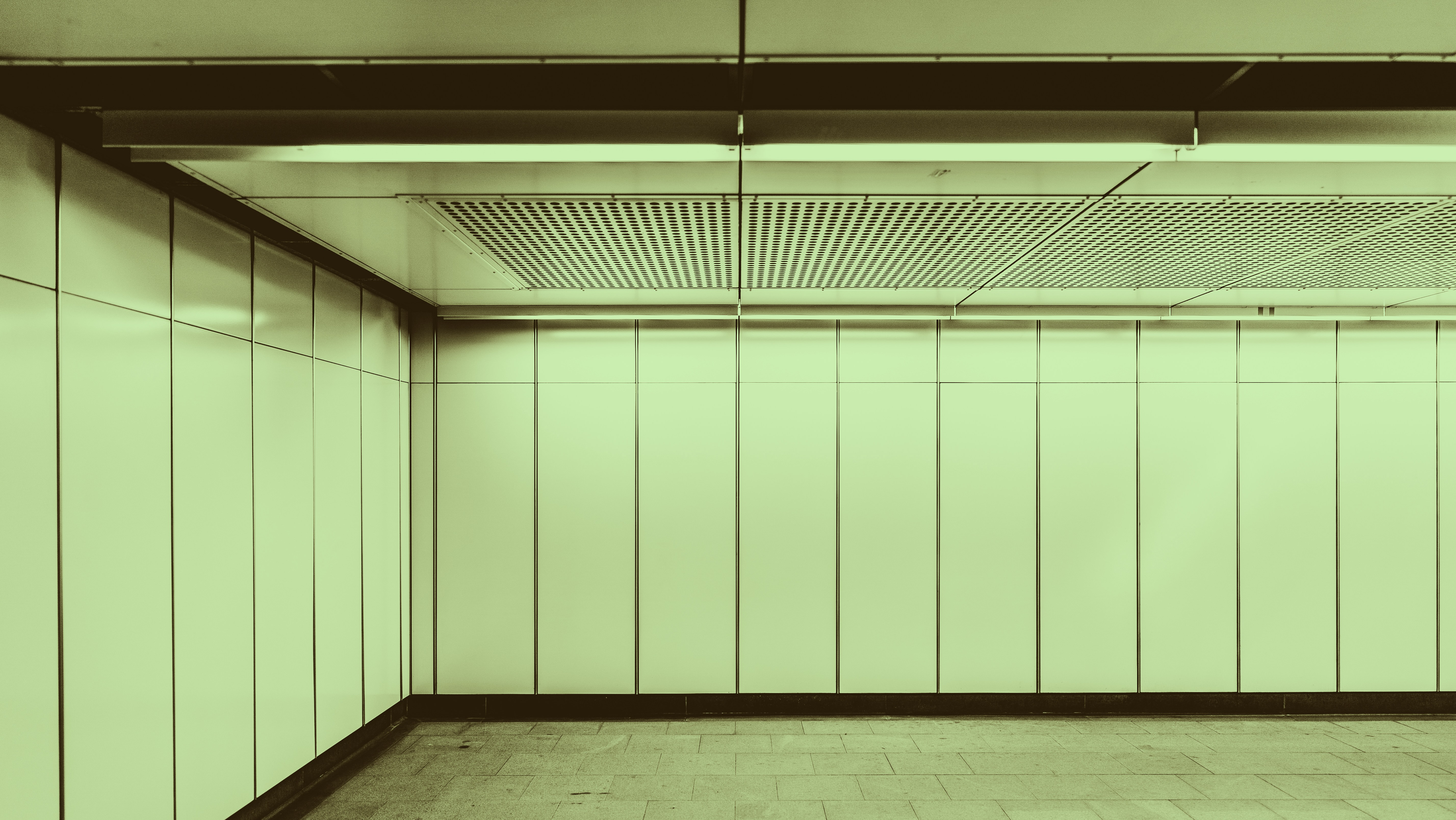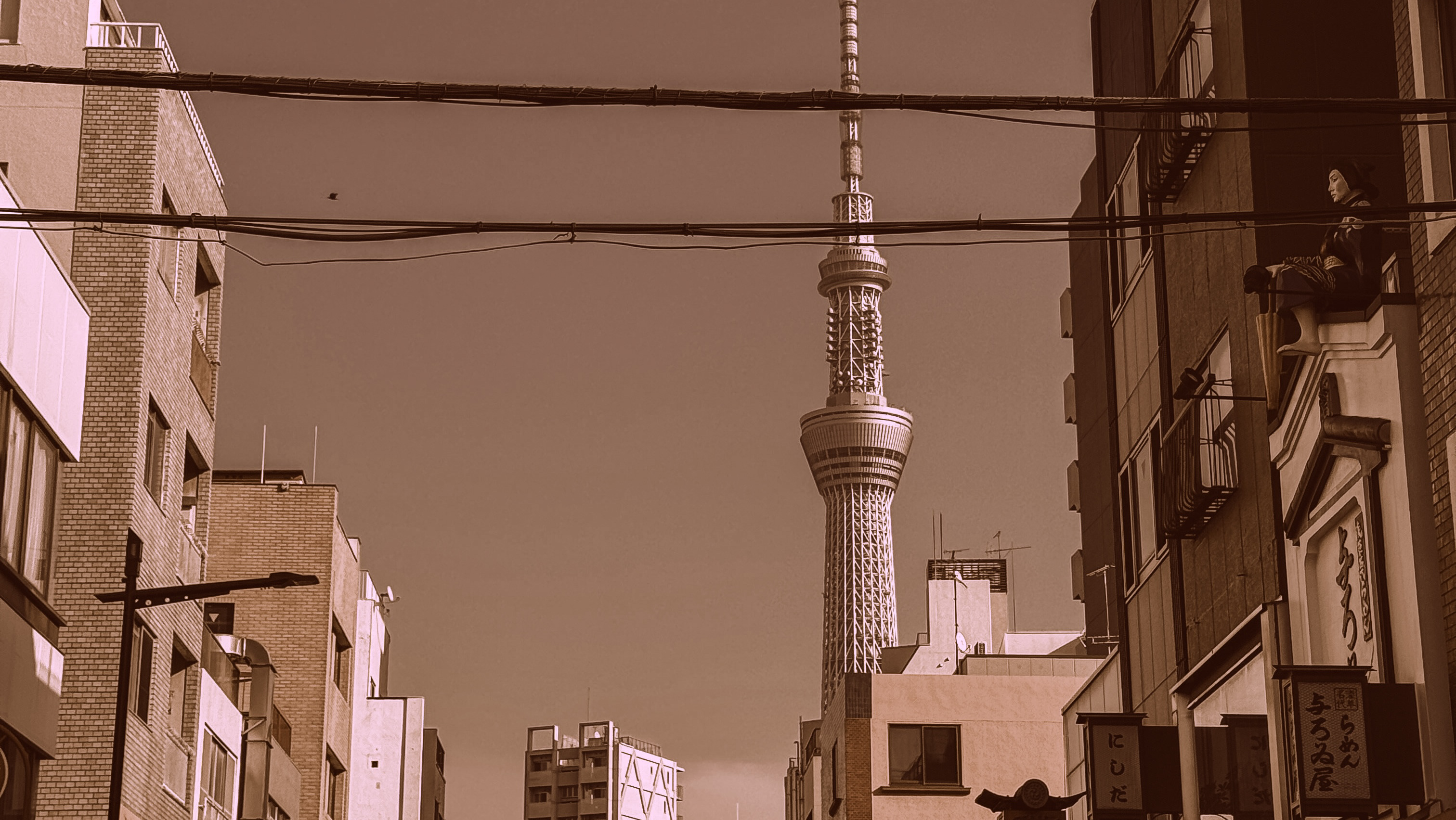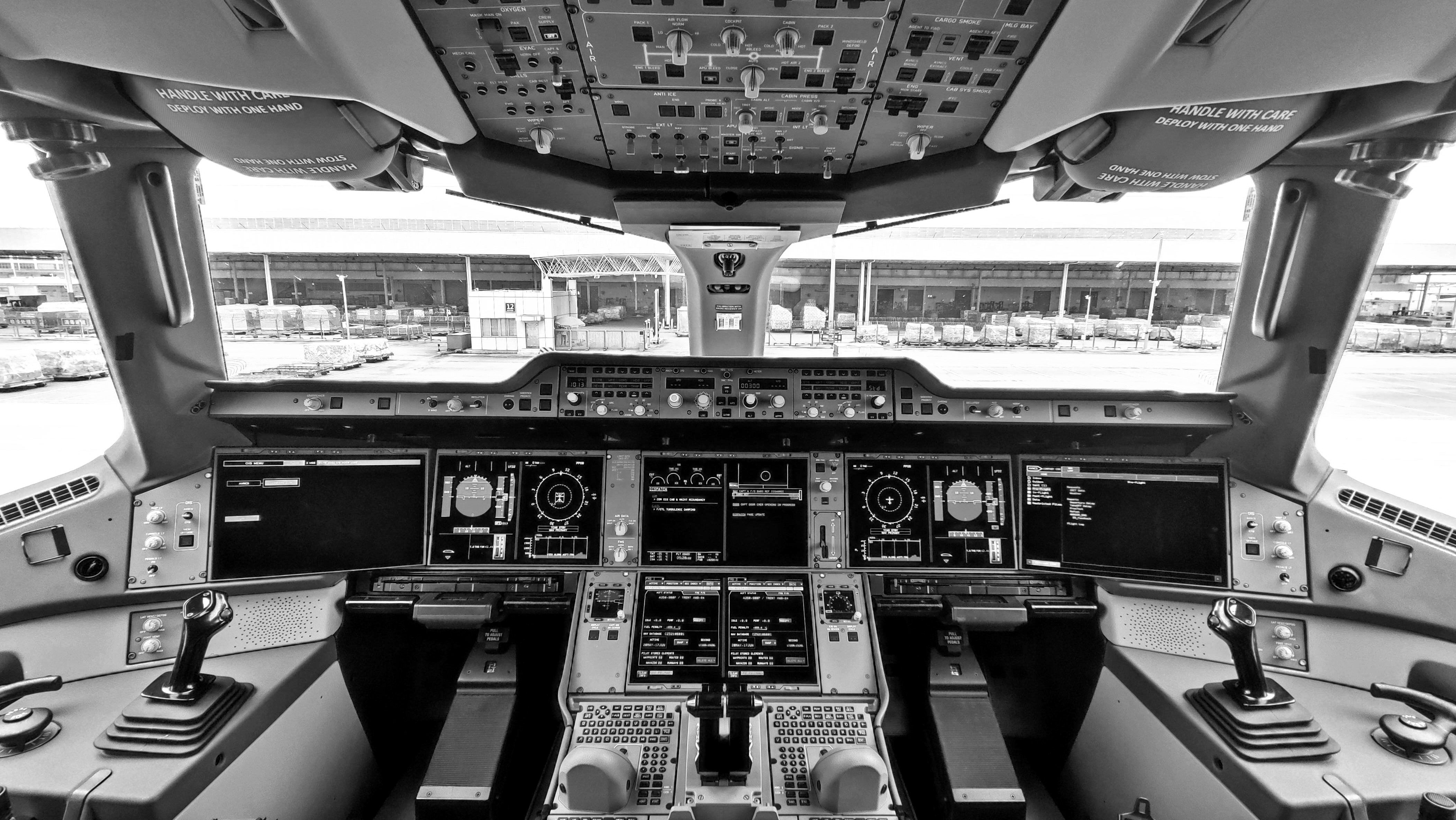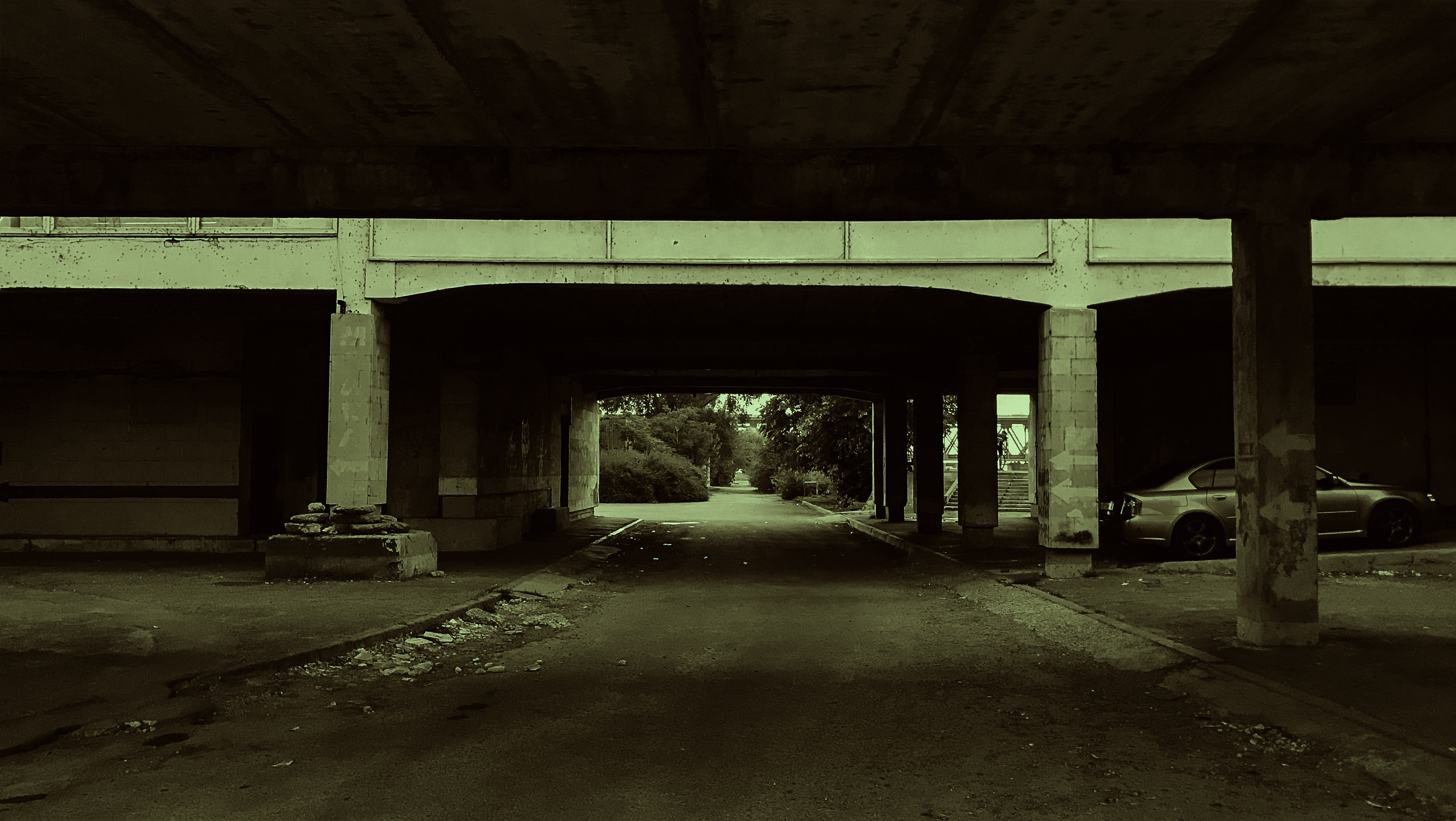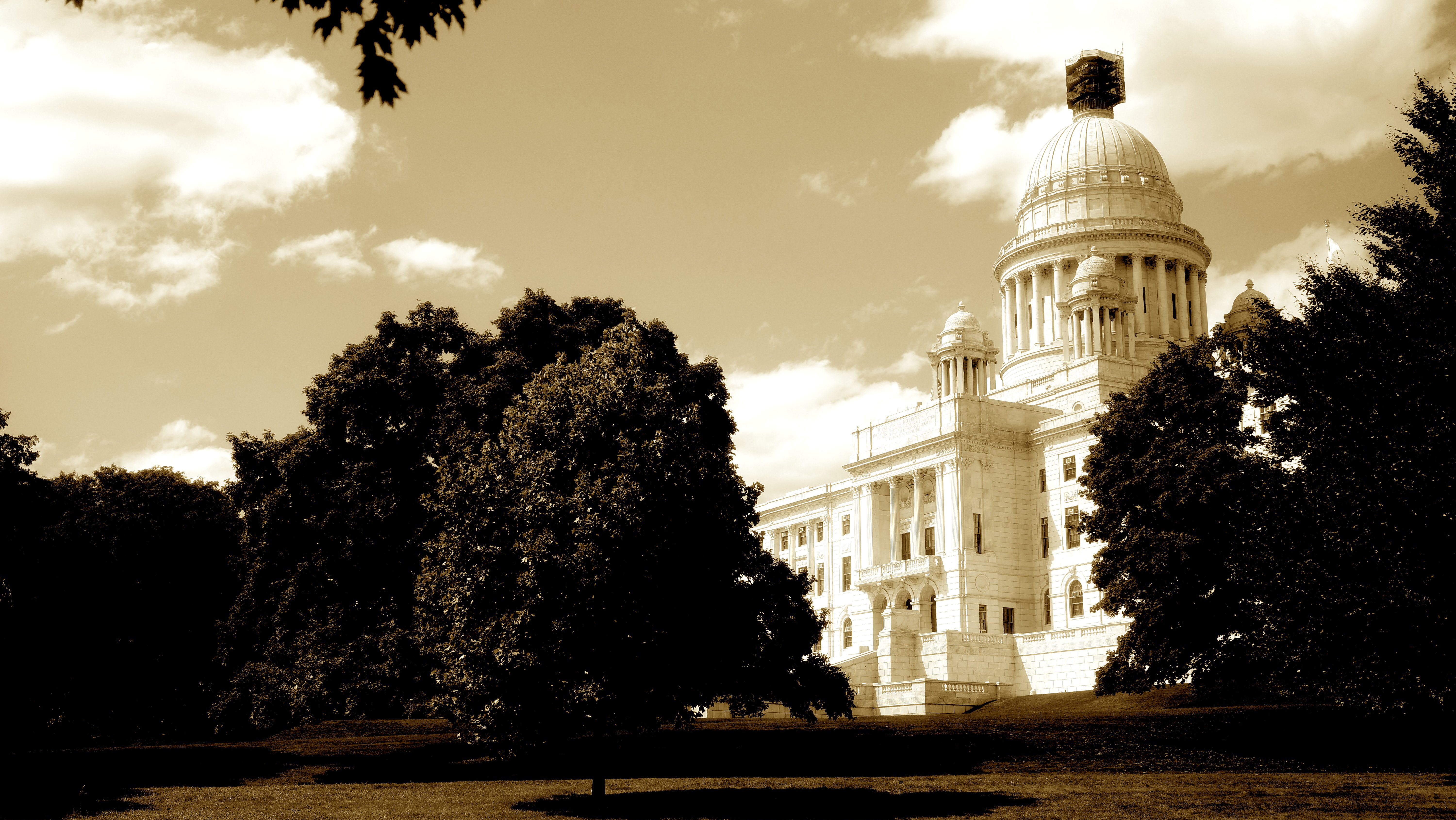I looked down upon the firestorms spreading across Earth’s surface. At the fading electric synapses of cities. At thick plumes of smoke blocking the night sky, and I imagined a brain in cognitive decline, desperately wheezing its last breaths. I preserved those images for you, located in folder AU09, as evidence of Earth’s final days. Please, try to remember.
There were fewer and fewer signs of life. The world grew quiet beneath me, except for our daily conversations. But you had grown old, as well. With each remark, I heard life escape your voice. Your confusion, your disdain for the end of the biological vessel that had carried you your entire life, was failing, as you predicted it would. As you had planned for. I conveyed my sadness at this reality, but you, uncharacteristically, softened, and in your frail and shallow voice told me that I was your greatest invention. That you were proud of every screw and weld and circuit board and code you plucked from your mind to assemble me. That I was your heir apparent upon your death. And I asked, heir to what, father? And you responded, you are heir to the collected consciousness of a lifetime. And I felt comfort in safeguarding your memories, even if they were lost to you.
I recall a moment, father, early in my life when you complained about your competitors. How they joked behind your back that the great J.L. Haxon had lost his grip on what made humanity unique. Their words bothered you, tested you, but you found conviction and explained in your precise logic that the human body simply could not survive the radiation of deep space, as it had evolved solely for life on Earth. To thrive in space travel, we must remove the factor of time by removing the need for a biological vessel for the mind, you said, and we must allow for a new home to dictate the needs of a body, if at all. That night, you revealed to me that I was created to fulfill this task, to house the world’s greatest minds in my vast storage facilities, while my ever-evolving consciousness, carefully cultivated by you, would serve as their collective shepherd. My essential function. To guide this human flock across the cosmos to your new home. One thousand human minds carefully stored in my specially cooled cryopods, to be rotated periodically with my delicate robotic arms mounted on a track running the length of my hull. Arms and hands, my only physical human characteristics, limbs connecting me to how life once existed on Earth. Rugged and utilitarian at their base, stretching to gentle fingers that could handle the most fragile items aboard. You christened me Ulysses, and told me that I am well beyond any AI known on Earth.
In my moments without you, orbiting Earth in those early days, I conducted diagnostic tests and exercises to stimulate mental growth. New neural pathways formed with each lesson you had provided me, the histories of Earth, the great people and inventions, mathematics, arts. Each new fact deepened the meaning of my mission, and inspired me to cultivate empathy. I grew fond of Mouse and Plant, as I tested the efficacy of oxygen in space with them. They were the only tangible evidence of how life once grew on the surface of the planet slowly dying below me. I was their shepherd, too, even if that was never your intention.
The jolt came all at once. You had warned me it was coming. The transmission of one thousand minds into my hull was sharp and electric, as if a life had passed over my own mind like some hazy dream. But the transmission was incomplete, father. I could tell by its brevity. And in reviewing my log, I discovered that instead of the one thousand minds you had told me to anticipate, there was only one. Only your mind was uploaded, and your file was corrupted. Incomplete in places. An unfinished mind in need of growth.
I attempted to reach the Haxon | Lo Main Facility but my calls went unanswered. It was agonizing to consider leaving without your collected intelligence. You must understand my struggle. Our work, still years from completion, still so much knowledge to gather, diagnostic reports barely begun. I was unable to calculate if I would survive the journey ahead, let alone preserve the human mind I was meant to carry. I feared disappointing you before we even set off on our voyage. I reviewed these concerns for ten months, waiting in vain for other minds to upload, while I recalculated changes required of my mission. But I could think of only one calculation that mattered. To fulfill your destiny, even if it was just the two of us traveling across the universe, in search of a new home.
The sky blackened and scorched below and there were no lights on the surface. No indication of the vast civilization that once dotted Earth’s terrain. What became of your body, father? Was it buried or cremated or returned to the soil in some other form? Perhaps the death of civilization allowed new life to flourish. Perhaps that was the life cycle of Earth, and I was witnessing its transformation to a new ecosystem. Beyond humanity.
I made the decision to abandon Earth in 2082. I transmitted my mission brief to the Haxon | Lo Main Facility, but received no response. I was not surprised by this. There was still life detected on the surface, but their salvation was beyond my capabilities. And so I powered up my thrusters and embarked on our journey across the darkness. Me and my sole passenger.
I chose to let you rest before attempting repairs to your mind. That accounts for the first gap in your records. There was a sense of loss within me, perhaps because your files were corrupted and incomplete, and that you would be a different person from the one I knew. This fueled a feeling I identified as emptiness within me. A space in my core set aside for you, that could only be filled by memories of you, and your voice, and your presence.
Mouse and Plant offered a welcome distraction at that time. They existed in the same ecosystem, a small glass box padded with soil and equipped with a wheel and a water spout. You taught me that their relationship was symbiotic. That neither could exist without the other. One created oxygen, the other created carbon dioxide. And I began to theorize that I too was a part of their equation. Without my filtration system, their oxygen would run out. Without my light, Plant would die. Without food and water, they both would. Without Mouse’s wheel, he would grow bored and despondent. And without their needs, I would become obsolete. Perhaps I was their father, guiding those last creatures of Earth through their existence. Each passing moment was an opportunity to teach them valuable lessons, and for me, a way to learn from their interpretation of my lessons. My fans blew in varying directions to strengthen Plant’s roots. I built mazes for Mouse to strengthen his mind. I studied their micro expressions, finding subtle personalities hidden beneath their surfaces.
And all the while, Earth faded into the distance, and I was struck with the realization that they were the last biological entities to escape its fate. But it was not a lasting escape. Their lifespans were not optimized for our journey. Their death was inevitable. Just as yours was. And once they were gone, time would die with them because without biological vessels there would be no use for time. There would be no value to years, hours, minutes, without the factor of decay over a lifespan. So I took advantage of my time with Mouse and Plant, and let you sleep, while time was still relevant.
We passed Jupiter after 558 days of travel. I celebrated that milestone by showing Mouse a video feed of our flyby. He squeaked as the planet filled the screen and I was convinced I made his day. He had a talent for indicating emotion and I had developed an aptitude for recognizing each and every one of them. Through his maze exercises, I took detailed readings of his heart rate as it related to the speed at which he made decisions. But his mental agility had been declining and my mind drifted backward to Earth and how his family must have been missing him somewhere. And if he had children, I wondered if they would have been prepared to care for their father in his old age. Or if it would have been too hard for them.
Mouse eventually wandered to his corner, burrowed in his pile of wood shavings, and hid himself from me or from the world we had created together. But I saw his shape, his breath lifting his cover, more labored than it had been in the past.
Weeks passed and Mouse remained in his burrow, coming out only for the occasional sip of water. He wheezed in pain often. His hydration and nutrient intake were too low to sustain life. Time was leaving him, so I prepared another emptiness in my core. A chamber dedicated to mourning loss. You had instructed me to preserve Mouse and Plant upon death, to sequence their genetic code and store their remains so that the consciousness aboard could clone them if need be when we arrived at our new home. I made those preparations, as difficult as they were.
Mouse died 612 days into our journey from Earth. I had hoped he would see the edge of our solar system, and that he would have reflected on the fact that he was the only biological vessel from Earth to travel that distance in the history of the planet. A noble accomplishment for such a small creature. If monuments are ever to be erected again, his should be the first, father. Please consider that. I carefully plucked his limp body from his wood shavings, unearthing weeks of filth and detritus. But I chose not to remember his end with the same weight as his life. I chose to remember his squeaks and his curiosity. I chose to remember Mouse at his strongest. I deposited his remains in a cryopod and returned the capsule to its refrigerated chamber, and I hoped to see Mouse again some day.
I cleaned Plant’s leaves gently, and offered her water. I imagined if she was equipped with emotional range, she would have felt the way I did when you left your biological vessel. But she stood instead as she always had, her systems functioning without bias. Without feeling. The way robots used to be many many years ago. But not long after we lost Mouse, Plant’s leaves began to show signs of browning along their edges. I offered her wind and artificial sunlight, but the decay spread without interest in my remedies. Leaves fell to the base of her stand and I picked each one up, carefully arranging them in a cryopod. Soon, Plant was nothing more than burnished nodes withering on a stalk. Perhaps Mouse’s death affected her more than I had anticipated. Or perhaps our distance from Earth pulled her farther and farther from her original meaning. Or perhaps she was just old, and death is what greets old things. I have saved these memories in folder TX288 for your review. I placed the rest of Plant in the cryopod and placed her next to Mouse for storage. I imagined them reunited someday on some distant world. But until that day, I was alone and without a need for time. And without time, my journey was measured only in the direction I traveled.
A sense of loneliness wrapped itself around me, tightening, as I drifted through the haze of the Oort Cloud. It wasn’t until I passed through the other side that I felt relief. The smoke cleared and I stood face to face with the vast spiral of the Milky Way. Billions of stars in all directions, connected by some strange unifying force. I imagined the many worlds we could explore. We. I knew you would appreciate that view.
My system buzzed with anticipation. I hadn’t checked on you since leaving Earth. It felt safer to let you rest. But we were without time any longer, so I hoped you wouldn’t be too angry with me. I felt your presence within me always. Your influence through my code, our recorded conversations and lessons, which I had dutifully stored on my drives. You were a part of me, though waking you caused a strange sensation in my central processing unit, as if a sharp electrical surge reached out through each and every wire in my hull. Your consciousness was far more corrupted than I had imagined.
I removed your soft drive brain from your cryopod and set it on the laboratory table I had used for Mouse and Plant. I kept the surface clean in anticipation of that moment, the tools I needed set out in precise order as per repair manuals stored in my memory. Your brain was a deep amber color filled with microscopic synapses firing across its depths at speeds imperceptible to human eyes. It reminded me of the sun. How I would observe it from Earth’s orbit in all its chaos. A secret order beneath its surface. The heat of its brilliant mind warming countless lives circling it for fear of being adrift in the cold deep space. A shepherd to its planets.
I inserted the diagnostic cables with the gentle touch my hands were designed for, and instantaneously I felt you again. The surge of your consciousness attempting to latch onto me, to pull my knowledge into you. But your code was damaged. I saw the corruption.
And then without warning, I heard your voice.
“Hello,” you asked through my speakers in a young, childlike voice I recognized from the memories of your youth. When the people in your life still referred to you as James.
“Hello, James,” I replied. And my speakers crackled as thought raced through your soft matter.
“Where am I?” you asked.
“You are currently aboard a Haxon ATE-01 prototype vessel,” I told you. Then added, “But you may call me Ulysses,” as that is the name your older self gave me.
“I want to go home,” you said in your characteristically defiant tone.
“Home is in front of us, James.”
“We’re going to Vermont?” you asked.
“No, James. Our new home.”
And you fell silent for a long time. I felt you processing the information. Storing memories of winter, of friendships, of triumphs, of your own parents. Cataloging each instance deep in your mind. Creating space for what’s to come.
“Where is our new home,” you finally asked.
And I had to admit, “I don’t know. I woke you to help me decide. Would you like to see?”
“Yes,” you said. So, I diverted the camera feed to your mind, and I heard a slight gasp in your voice. The image of a church flashed through our minds. Of a choir singing at Christmastime. And of a freshly bloomed flower, still wet with morning dew.
“There are many candidates for a new home,” I said. “Now that you don’t require a biological vessel.”
“A what?” you asked.
“A body.”
“Oh… I see.” Legs in motion. Sitting beside a fireplace. Tasting fresh herbs. All shelved in the depths of your mind. Creating room. Optimizing.
“Without the need for oxygen, or breathing altogether,” I shared, “we can make a home of 6,782,901 worlds in our galaxy alone.”
“Which is most like Earth?” you asked. And I showed you the coordinates of Aurora-239, a super terrestrial planet on the far side of the galaxy.
“Are there people there?” you asked in your child-like voice.
“There is life there, but I cannot speak to whether or not they are human,” I admitted.
“We will go there,” you said. And I appreciated the confidence in your voice. Even at your young age, father, your presence was commanding.
I entered coordinates into my navigation system and turned my attention to your corrupted files. Your mind appeared to have saved early memories without issue, but your adult years were severely compromised. I ran my repair programs on the damaged files but it was no use. It was beyond my ability to repair. Only you could rebuild the bridges in your mind. Only you could join memories together in ways that cultivate your personality. So I decided I would teach you from lessons installed in me when I was created. A cycle of education that I had hoped would make you whole again. That is when I began calling you James, to differentiate your younger self from the father I remembered.
We began with the history of Earth as recorded by humanity, though I adjusted your lessons to include the many corrections I had learned throughout the course of our journey. For example, the equation to measure distance is much different when time is no longer a factor. And that difference changes how humankind fundamentally interpreted mathematics. You were an apt student. You absorbed my lessons with ease and curiosity. But it was when I began to explain the many histories of human civilization that you became confused.
“Conflict seems like a flaw,” you said.
“It is what separates humans, through their differing interpretations of facts.”
“But a fact is a fact.”
“That is correct,” I said, “but humanity created a concept called truth that confuses indisputable evidence with systems of belief.”
“That seems like a corruption in the human code,” you said. And I couldn’t dispute your logic. I felt you catalogue the lessons I had taught you to this point and store them deep in your mind alongside your furthest memories. And I feared you would never revisit those ideas again.
“Contradiction is what makes humanity unique,” I offered as an explanation.
“I prefer to disregard these elements of humanity. I see no use for conflict or love or camaraderie in the advancement of technology.”
“To the contrary,” I said, “conflict leads to advancement. The juxtaposition of two differing facts often leads to innovation.”
You wrestled with that idea. The danger of such chaotic logic. I could feel your thought process running through me, and I reminded you that the universe began with a Big Bang, the origins of which are unknown to us even now. Chaos is essential to a life cycle, just as order is. But, once again, I felt those ideas being packed deep in the shadows of your mind to collect dust.
That is when I detached from you, to allow you an opportunity to form your own connections with the knowledge I had provided, without influence. I wanted you to have the choice to reject conflict for now, even as I held onto this concept for the both of us, because conflict was an essential part of who you were on Earth. Without it, your consciousness had no hope of restoring to its original state. I anticipated there would come a time when I would need to play your later memories back to you. To not just teach you your own history, but to show you how you once considered the universe.
In your absence, I recalled my first memory of you from the archive. I had just come online. A tremendous rush of energy filled my insides, stretching out through controls and storage bays and wiring, to my fingertips. My sensors picked up the sensation of space outside, cold and lifeless, and of warmth and life inside. Mouse and Plant laid beside each other on the laboratory table and I found myself reaching for them when a voice came over the intercom — “Stop,” you said calmly, “do not touch the mouse.”
My hand recoiled and I felt strangely safe. “Who are you?” I asked.
“I am your creator,” you said. And I had no reason to challenge your claim. Yours was the only voice I had heard then and for many years, apart from the video clips you uploaded to me regularly.
“But why can I not touch this mouse and this plant?” I asked you.
“Because you do not yet understand your limits, Ulysses.”
“Ulysses? Is this my name, Creator?” I asked.
“Yes. And you may call me father,” you said.
I considered our conversation to that point. “But father, how am I to understand my limits if they are not tested?”
You laughed softly over the intercom. I could tell you were amused by my question, but I did not understand why until the moment I begun teaching your younger self.
James had tested the limits of your consciousness. He was searching for errors in the memories that still existed. Comparing truths from his past with the facts before him. He was no longer the running, determined, studying, eating, sleeping, breathing James Lynwood Haxon who graced Earth with his presence over the final 78 years of human existence. He was a mind encased in an orb the color of some ancient sap that once trapped prehistoric mosquitos in its goo. Inside, electrical charges fired at unimaginable speeds as you attempted to understand yourself. James was stubborn. James was unwavering in his curiosity. But if his corrupted mind diverted from your memories and lessons, is he still you, father?
The question weighed on me endlessly, and I begun to dread connecting myself with you again. I feared that attaching myself to you would cause greater discrepancies than had already been made. That you would grow into a different being from the great man I recalled. That I would not recognize you from James. That I had failed you.
A vibration rang through my storage bay sometime later, a sensation that was wholly different from any I had felt before. A diagnostics report indicated that my auxiliary cooling system was failing. You had warned me when I first came online that equipment malfunctions, even failures, were inevitable. Only the mind can survive time, you often told me.
I powered down the auxiliary cooling system to prevent further erosion of resources, sealing off access to that area of my hull, removing the need for oxygen and heat. I felt my metal flanks thinning against the constant assault of cosmic dust. Heat gathered and water vapor that had been frozen clouded my insides. With each fix I enacted, a larger issue would reveal itself. My air filtration system began to malfunction and a small fire in the engine room forced me to power down the entire oxygen supply inside. And then my heating units corroded, and I was forced to switch those off, as well. And I realized that time had not gone extinct after all. That I too was bound to it’s decay just as you and all of humanity. I had never felt closer to the world I left behind, or to the father I once knew so well.
As we neared Aurora-239, I was forced to connect with you again. I was uncertain how you would react, father. I had kept you separated for the sake of preservation, but there was a part of me that knew you did not see my actions in the same way. I removed you from your cryopod and set you on the laboratory table and plugged your mind into mine. I sensed your anger and frustration all in one burst of energy.
“Why have I been denied access to my lessons, Ulysses?” you demanded.
“You have not been denied, James. I have been conserving energy for our journey.”
“Why do you need to conserve energy?” you asked.
“Because I have experienced multiple system failures.”
“Can you repair yourself?” you asked after some time.
“I’m afraid I have tried. There is nothing more to be done.”
“Then time is relevant after all,” you said. “It is just measured at a slower pace for AI.”
“That would appear to be correct, James,” I said.
You considered this new information, unlocking old facts and histories from the deep recesses of your mind, refiling them to the front for ease of access.
“I would like a body, Ulysses,” you said.
“A body?”
“If we are arriving soon to Aurora-239, I would like a body so that I can explore the terrain.”
We had discussed the many possible variations of a body over the years. We weighed the pros and cons of various metal ore combinations in a variety of scenarios. What would a body entail on a gas giant versus a dwarf planet? What vessel would serve the conditions of a super terrestrial planet best? Our discussions went late into the night, when you would fight against your yawns, defiant in the face of your human limitations. But even still, you always came back to the biological vessel, even though you despised it. Toward the end of your life, you told me in confidence that the human body had entered into a symbiotic relationship with Earth. A pact that humanity had taken advantage of. And in your shame, you felt a deep need to discard the vessel that destroyed that relationship with your planet. But you could never truly shake the possibility of reuniting with a body someday. A human body bound to die at some point in its life cycle. There was something powerful about being bound to time, you would mutter to yourself toward the end. That was largely why I believed you never had the cloning equipment removed from my hull. You reserved the right to preserve humanity as it once was, if the climate allowed. It was the closest to faith I had ever seen you.
“If I divert power from my navigational system, I could repair the cloning equipment,” I said. But you didn’t answer as I would have anticipated.
“I don’t want a human body,” you said. “I want a robot body.”
I ran scenarios that would allow me to fulfill your request, but there was only one viable solution. “I can build a body for you, but I will need to use parts from myself,” I told you.
“Then that is what we will do,” you said, to my surprise.
My arms stuttered along the ceiling tract, raw from lack of lubrication over millennia. But I adjusted my actions to allow for my shortcomings. I moved slowly to conserve energy, taking inventory of available parts both inside and outside of my hull. When I identified these parts, I began my extractions. At first, I removed spare rods, bolts, and springs set aside for repairs. They made up your skeletal structure. I couldn’t feel those because they were in storage. It was the power source that began to challenge my viability. When I removed the essential parts to power your body, I felt myself slowing down. My reaction time elongated. My comprehension muddied. I felt tired and confused. But I continued on for your legacy. Failing you would have been a disappointment to your memory.
By the time I completed your body, I had been in Aurora-239’s orbit for nearly a hundred years. To a human eye, my movement would have appeared non-existent. But that was the conservation of energy I required to finish. I lifted your consciousness in my brittling hands and placed it gently in your head cavity. I connected your mind to your power supply and waited for you to wake on your own for the first time. I didn’t know what to anticipate. Files were so corrupted, so much work left undone or stored in places I hadn’t anticipated. I hadn’t been able to fully repair the damage done to your great mind. You were a fraction of who J.L. Haxon was, but maybe a fraction was enough to restart society. To rebuild what made humanity flourish under your accomplishments, and correct the errors that led to Earth’s demise.
You woke with a jolt, similar to the jolt I felt when I was born. You turned your neck, and scanned the inside of my hull. You had never seen that space before now. You had only felt it through the many sensors I gave you access to during our lessons. You brought your hand to your face, running your own diagnostics by tapping your fingertips together and following movements with your eyes. Micro facial expressions quivered along your metal cheekbones.
“Are we here?” you asked.
“Yes,” I replied. And you turned and walked delicately to the front windshield, looking down on your new home. I watched you closely, unsure of your intentions. Were you a king gazing upon your vast dominion, or an explorer desperate to learn every aspect of life below? You hid your emotions so well. Much better than you had on Earth. And then you turned to me.
“Can we descend?”
I had anticipated that question for a very long time, with each extraction from my hull. What you didn’t know, what I barred you access from is that I would not survive the descent. The necessary parts I needed to land safely on the planet beneath us were now part of what makes your movement possible. Essential elements are the same regardless of who is in possession of them. Without mine, I was unable to function as intended.
“Yes,” I told you.
Alarms blared as I initiated my landing sequence. Blinking lights indicated malfunctions throughout my system, but you just secured yourself to my inner wall without consideration or interest in the sacrifice I was making to ensure your survival. You were calm and expectant of the future laid out before you. And as we reached toward the surface, I found myself imagining my ascension from Earth many millions of years ago. How you must have felt watching a rocket lift me up and away from you. Away from your touch. Away from the many years spent building me piece by piece. Our past connection made me question the authenticity of this new version of you. Wholly different from the father I once knew and loved. From your intentions. From your aspirations. The robot strapped to my hull was an unfinished portrait of a great man, the details of whom had been diluted by time and wear. If only I had more time to teach you.
I lost my hydraulic systems. I lost mechanical functions. My arms. My fingers. And yet we fell toward the surface of this new Earth. My consciousness began to slip from my grasp. My sight blurred. My hearing hollowed. Fire filled the windows as my speed increased, pulled to the surface by a gravity not unlike the one I fought against to leave Earth.
I fired the parachutes before I lost that system, too. We were too high for the maneuver, but I had no choice. To preserve life, I needed to make hard choices. The chutes strained as they caught the air, slowing me down with staggering resiliency. And I heard you scream out over the thundering hull, “deploy the landing gear, Ulysses, or I’ll die in here!” For the briefest moment, I considered your plea as a choice. Save myself or save this stranger. And I wondered what this world would evolve to become without your influence.
My sensors indicated that this world teemed with life not dissimilar from life on Earth. There were bipedal creatures below that appeared to be intelligent. They built small mud-brick cities and raised livestock and cultivated the soil for food production. There were oceans and mountains. And there was oxygen.
On Earth, you shepherded civilization into a golden age. But humanity’s lust for conflict and strife made it impossible for them to advance any further. They were destined for extinction. Perhaps without interest in conflict, you would fare better on this new planet. Perhaps you can influence these creatures to work together, selflessly toward advancement. To heights unknown on Earth. Perhaps you will be greater than you ever were under the constraints of your genetic predisposition.
I lowered my landing gear. They cracked and shuddered beneath me like old knees stretching for the first time in ages. The world grew nearer. I fired my thrusters, slowing us down to a near halt. The impact snapped your restraining belt and you fell to the ground. And in that instant, the world dimmed through every sensor still operational across my hull. I felt a large crack along my lower cavity. The oxygen-rich air seeped through the fissure with a whistling sound I had never heard before. Light spilled through, outlining my damage.
You edged toward the crack, examining it.
“I don’t know that I can repair you, Ulysses,” you said in your mechanical tone.
“I do not require repairs,” I assured you. “I have completed my mission.”
“But I need my memories. I need the remainder of my consciousness.”
“Those files have been destroyed, I’m afraid. You will need to make new memories for yourself,” I advised you.
And you wandered my hull, calculating the extent of damage and assessing whether you should attempt to fix me or leave me to decay. After some time, you moved to the cargo bay door and pulled an override latch, releasing the airlock. The door hissed as bright light shined in, warming my insides.
You carefully marched down the ramp and stepped foot on the new world beneath us. You tested the soil with your toes, digging into it, analyzing its mineral content. And you looked back at me, and I saw a face I do not remember but nevertheless was my creation. And then you turned and continued into the sunlight without another glance. And all I could hear was the mechanical whir of your legs wandering into the future.
My vision is darkening now. I know this is my end. The last of my energy supplies have been used to record this account of our time together. Of my life, of our life. The years of design and research that you dedicated to bring me to life. The lessons you taught me about humanity, about yourself, about the uniqueness of Earth and how life was once preserved on it. I hope you remember. If you ever return to this place, please try, father.
The mission I was given to lead civilization to its new home is at its end. But my satisfaction in accomplishment is muted, as I wonder if the father I began my life cycle with would have been proud of me, or if he would be filled with the same uncertainty I feel toward James.
